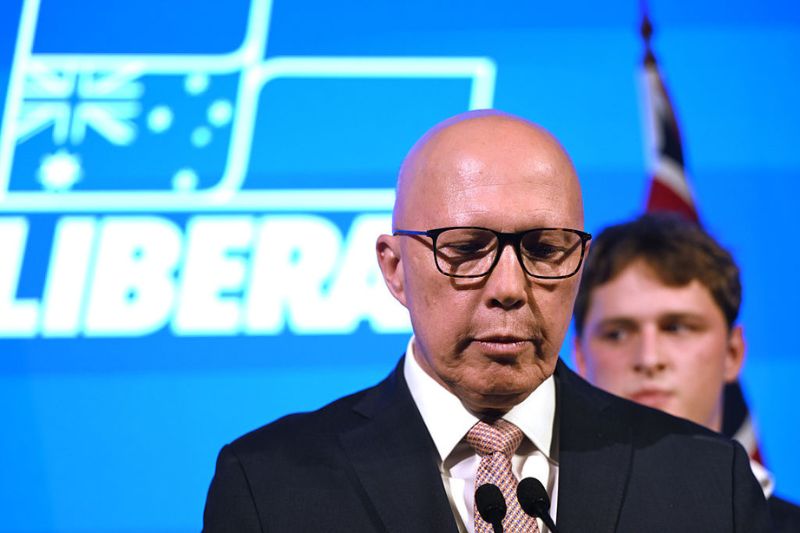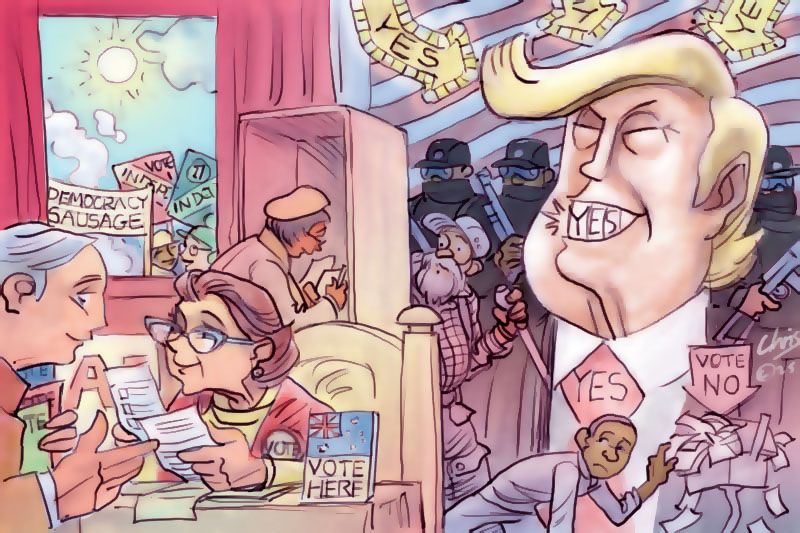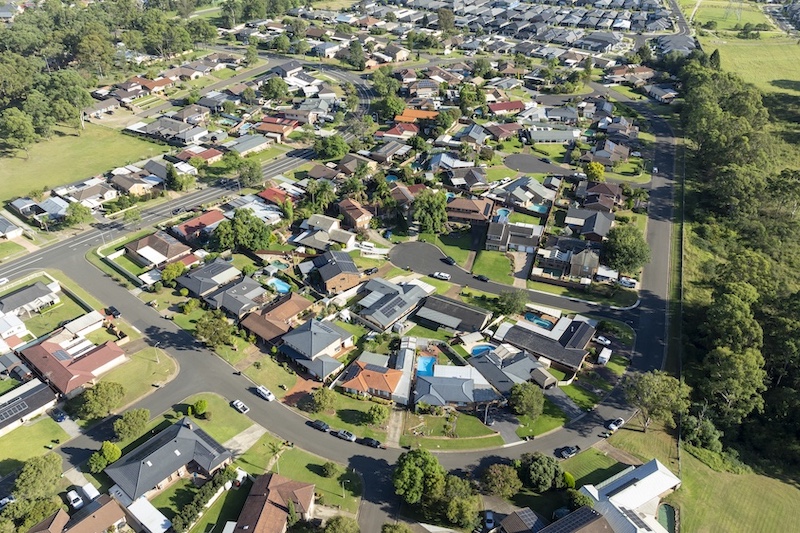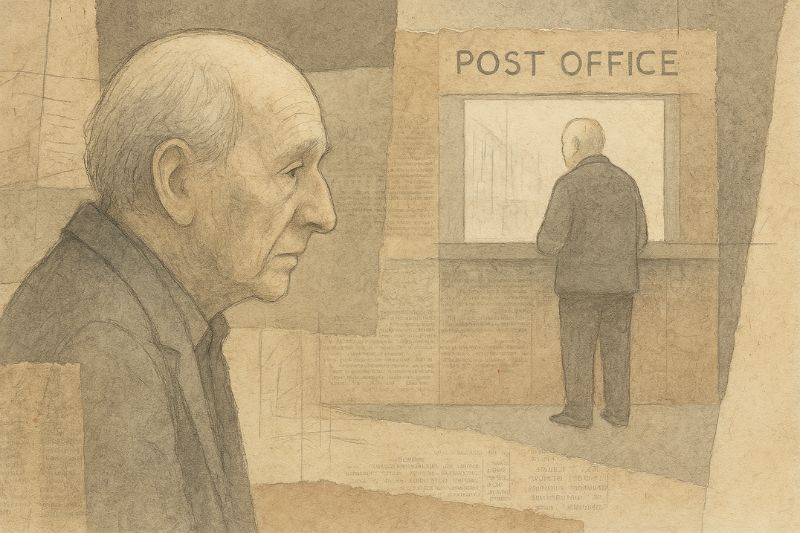Section: Australia
There are more than 60 results, only the first 60 are displayed here.
Become a subscriber for more search results.
-

AUSTRALIA
The 2025 election marked a pause in Australia’s political life. As old policy narratives falter, we have an opportunity to ask ourselves: what kind of society are we trying to build? Across faiths and traditions, the idea of the common good offers a path forward beyond division and drift.
READ MORE
-

AUSTRALIA
- Max Jeganathan
- 07 May 2025
In the wake of an unexpectedly decisive election, Australians rejected grievance politics from both right and left. What emerged instead was a quiet preference for stability, civility, and competence: qualities that don’t often headline campaigns, but this time shaped the outcome. In 2025, trumpery just didn’t cut it.
READ MORE
-

AUSTRALIA
- Andrew Hamilton
- 07 May 2025
In an election full of surprises, the most revealing were not electoral upsets but glimpses of unexpected humanity. Peter Dutton’s gracious concession contrasts with his public record, and urges a politics where words don’t wound, and dignity is not reserved for private life alone.
READ MORE
-

AUSTRALIA
As Donald Trump’s trade war upends decades of global economic orthodoxy, globalisation is quietly folding. Protectionism is back, self-sufficiency is in vogue, and Australia, thanks to its deindustrialised economy, largely escapes the fallout. But in a shifting world of tariffs and deficits, what comes next is anyone’s guess.
READ MORE
-

AUSTRALIA
While much of the world drifts toward political extremes, Australia did something quietly radical: it chose the centre. In a night of subdued triumphs and unexpected grace, it was a reminder that democracy’s strength may still lie in its capacity for moderation, mercy, and surprise.
READ MORE 
-

AUSTRALIA
- Jim McDermott
- 01 May 2025
From across the Pacific, Australia’s election looks refreshingly sane: debates over fuel taxes and modest wage hikes. But the surface calm belies deeper frustrations: housing scarcity, voter disillusionment, political evasion. But for an American watching from a fractured homeland, the question is how long that difference can hold.
READ MORE
-

AUSTRALIA
- Stephen Minas
- 30 April 2025
As Australia prepares to vote, the legacy of Petro Georgiou casts a long shadow, reminding us that politics can still be principled, compassionate, and deeply human. He reshaped multicultural policy, challenged cruelty, and proved that conscience has a place in party politics.
READ MORE
-

AUSTRALIA
- Brian McCoy
- 24 April 2025
As we witness those wars that continue to rage, we might wonder, this Anzac Day, what were the effects on our First Nations people when their lands were first taken? We can now see only too clearly that it is difficult, if not impossible in the longer term, to defend one’s land when the invader has more powerful resources and shows no intention of negotiating peace.
READ MORE
-

AUSTRALIA
- Bronwen Clark
- 24 April 2025
As Australia moves through another federal election campaign, a quarter of a million new voters in the nation’s outer suburbs remain largely invisible in political discourse. These are not marginal communities in the cultural or economic sense; they are the nation’s most dynamic zones of growth, diversity, and aspiration.
READ MORE
-

AUSTRALIA
- Andrew Hamilton
- 24 April 2025
This year has been marked by growing introspection concerning our culture. At the heart of the division between a conflictual and an eirenical view of public life lie different understandings of the value of human life and of what it means for human beings to flourish.
READ MORE
-

AUSTRALIA
- Adam Hughes Henry
- 22 April 2025
By any measure of moral progress, a society should be judged by how it treats those who are most vulnerable. Yet in Australia, people with disabilities continue to be treated not as citizens with equal standing, but as problems to be managed; an inconvenience to be contained within a labyrinth of bureaucratic delay and economic rationalisation.
READ MORE
-

AUSTRALIA
- Michael McGirr
- 14 April 2025
When Holocaust survivor Jacob Rosenberg once spotted his friend's murderer in a Melbourne post office queue, he discovered that peace doesn't start with grand gestures, but quiet moments of letting go.
READ MORE